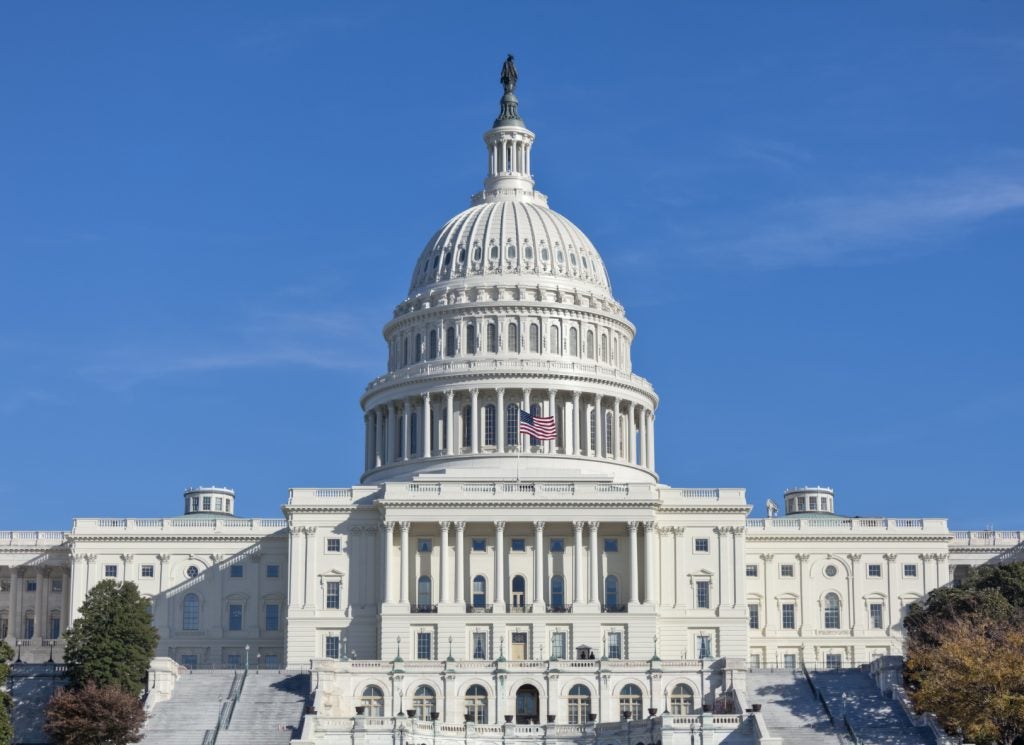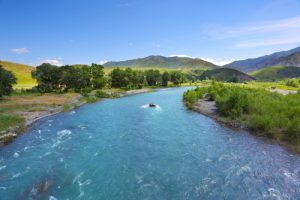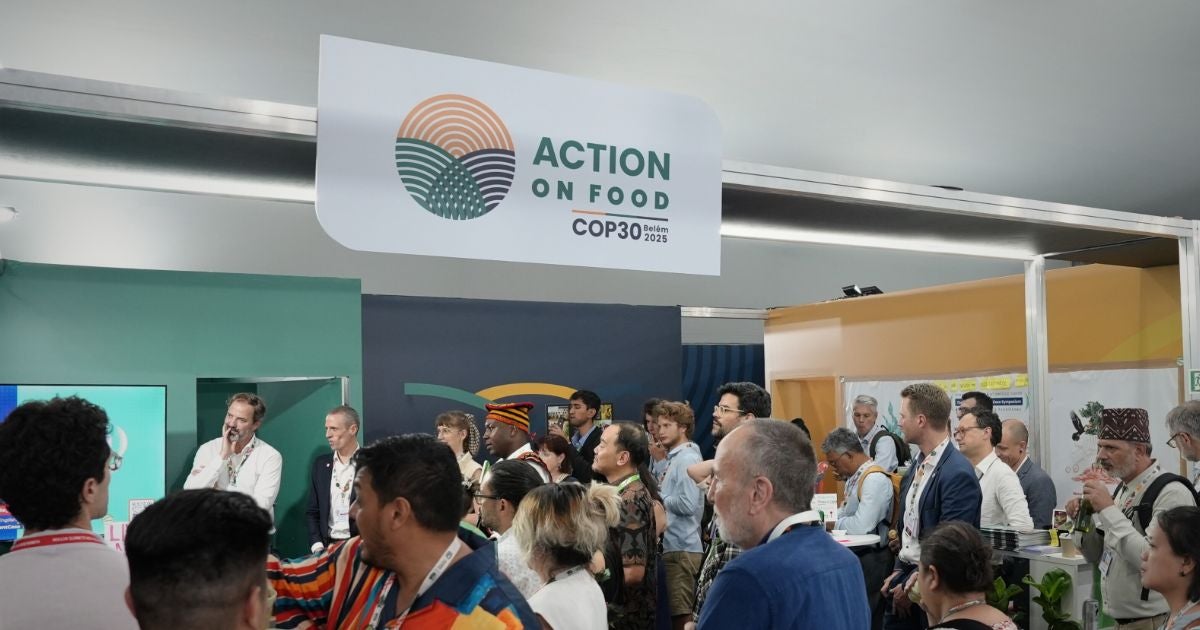Why wholesale repeal of environmental protections is a losing business strategy

Taking aim at government regulation is a favorite pastime in Washington, but the Trump Administration and the 115th Congress have upped the ante.
In the course of a few weeks, the House of Representatives voted down a measure to curb methane leaks from oil and gas rigs on public and tribal lands. It also voted to overturn a common-sense rule to prevent coal companies from polluting local streams. Meanwhile, the president signed an executive order requiring the arbitrary removal of two existing regulations for every new one created.
Next in their sights: gutting Environmental Protection Agency programs and possibly repealing the Endangered Species Act.
There’s no question we can improve how we go about implementing environmental laws to ensure they deliver the biggest bang for the buck for people and nature. But as an advocate for the environment and a former policy director at the U.S. Department of Commerce, I find the rhetoric-driven rush to rescind these protections short-sighted – even dangerous.
Laws are a reflection of values.
Just as, say, farmers don’t wake up in the morning asking how they can pollute the environment; neither do regulators wake up asking, “How can we screw up the economy today?”
That is why every major environmental law – from the Clean Air Act of 1970 to the Lautenberg Chemical Safety Act of 2016 – passed with large, bipartisan majorities.
“Reforms” that ignore the environment may produce short-term gains for a few. But for most, they will erode closely held values and produce long-term reductions in quality of life, which will eventually lead to backlash, crisis and a push for more regulation to get back on track.
The resulting whipsaw won’t be good for business, people or the planet.
[Tweet “Why wholesale repeal of environmental protections is a losing business strategy, via @davidfestahttps://edf.org/7N2”]
We have the right protections in place.

To me, the great challenge of the next two years will be to steer Washington’s fervent desire for change into more productive channels.
We don’t need to bulldoze bedrock environmental protections. Most exist for sound reasons. What we really need to do is improve the way our environmental programs are implemented so they can be achieved with greater efficiency.
We should all be open to this kind of smart reform.
Just as, say, farmers don’t wake up in the morning asking how they can pollute the environment; neither do regulators wake up asking, “How can we screw up the economy today?”
Yet, we’ve all heard stories that sound like episodes of “regulators gone wild.”
These stories are borne of the need to balance competing interests coupled with a general reluctance to take chances, to trust in, or even to listen to the “other side.”
Sometimes it seems that even when everyone agrees that a current regulation is messed up, the only other thing they agree on is that a proposal by the other side is worse than the status quo. And so we battle to stalemate or layer one regulation on top of another.
We need a saner approach.

Economies thrive when values are respected and the natural systems that support us prosper. The ham-handed “reforms” favored by the Trump Administration and the current Congress threaten to throw this balance way out of whack.
Let’s stop firing indiscriminately at regulations and vowing to take down institutions that serve a vital purpose. That’s like blowing up a perfectly good home when all that’s needed is a new kitchen.
Let’s acknowledge the human condition and give environmental agencies the money and flexibility they need to protect our values. We’d question the judgment of a CEO who said she was prioritizing customer relations then cut the department in half.
Americans have made it clear they prioritize clean air and water and ample space for wildlife, and they’ve given Interior Department agencies the weighty responsibility of ensuring that. It is hard work, and they don’t always get it right. But no one gets it right all the time.
Let’s identify common areas of concern and collaborate. Progress is made when we come together rather than when we divide the world into winners and losers and make everyone vulnerable.
Finally, let’s do these things now. The health of our economy, our environment and our values depends upon it.
Related:
The year the private sector stepped up for land, water and wildlife >>
Protecting the Endangered Species Act protects people and nature >>
Will Trump’s victory defeat the environment? It’s time to rally around shared values >>












